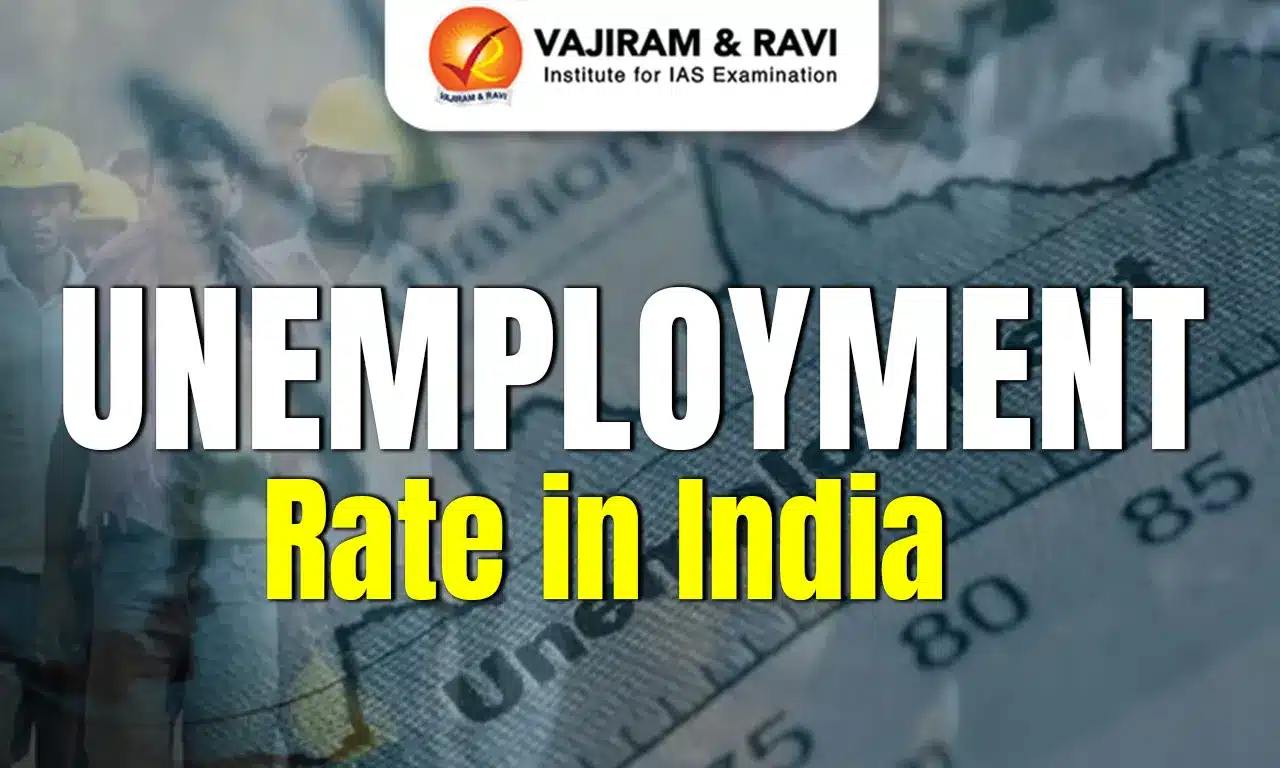Gopal Krishna Gokhale (1866-1915) was a prominent figure in India’s nationalist movement in the late 19th and early 20th centuries. He believed in achieving independence through gradual, constitutional methods, working within the framework of British rule to push for greater autonomy for India.
Gopal Krishna Gokhale is particularly remembered for mentoring Mahatma Gandhi, significantly influencing Gandhi’s political thinking in the early stages of his activism. In 1905, he founded the Servants of India Society, to promote social justice and uplift the underprivileged. Gokhale was also actively involved in legislative councils, where he advocated for Indian rights and challenged discriminatory policies.
About Gopal Krishna Gokhale
Gopal Krishna Gokhale was born on May 9, 1866, in Kotluk village, Ratnagiri, into a Chitpavan Brahmin family that prioritized his education despite financial struggles. He studied at Rajaram College in Kolhapur and graduated from Elphinstone College in 1884, mentored by philosopher Chakrappan.
- Gopal Krishna Gokhale was greatly influenced by Justice Mahadev Govind Ranade, who regarded him as a “Manas Putra” or protégé son.
- His education fostered a deep admiration for Western political thinkers like John Stuart Mill and Edmund Burke.
- After completing his studies, Gopal Krishna Gokhale became a professor at Fergusson College in Pune, teaching political economy and history.
Gopal Krishna Gokhale Associations
Gopal Krishna Gokhale dedicated himself to advancing Indian self-governance through moderate and non-violent approaches, becoming a prominent leader in the Indian National Congress. He served in the Bombay Legislative Council from 1899 to 1902 and in the Imperial Legislative Council from 1902 until his death.
- Gopal Krishna Gokhale worked to promote free and compulsory primary education, oppose oppressive land revenue policies, and advocate for local self-governance.
- He played a key role in shaping theMorley-Minto reforms of 1909 and pushed for expanding legislative councils to increase Indian representation.
- A fierce critic of the indentured labor system, Gopal Krishna Gokhale raised concerns about the Indian diaspora across the British Empire in both the Imperial legislature and Congress sessions.
Gopal Krishna Gokhale Association with Indian National Congress
Gopal Krishna Gokhale joined the Indian National Congress in 1889, guided by the social reformer Mahadev Govind Ranade. Along with leaders like Bal Gangadhar Tilak, Dadabhai Naoroji, Bipin Chandra Pal, Lala Lajpat Rai, and Annie Besant, Gokhale dedicated years to securing increased political rights and influence for ordinary Indians.
- Moderate Leader: Known for his moderate approach, Gopal Krishna Gokhale advocated for reform through dialogue with the British to gain greater respect for Indian rights.
- During a visit to Ireland, he connected with Irish nationalists and helped bring Alfred Webb to serve as the Congress President in 1894.
- INC President: Gokhale became Congress president at its 1905 INC session in Banaras, but by then, tensions had risen between the ‘Moderates’ and ‘Extremists,’ leading to the Congress split at the Surat session in 1907.
- Despite their differences, Gokhale maintained respectful relations with rivals like Tilak and strongly advocated for the release of Lala Lajpat Rai when the British imprisoned him in 1907 in Mandalay (Myanmar).
Gopal Krishna Gokhale Association with Tilak
Gokhale and Tilak were prominent political figures in early 20th-century India, with distinct ideological differences. Gokhale, regarded as a moderate, believed in pursuing self-government through constitutional means and collaboration with the British authorities. On the other hand, Tilak was considered a radical, advocating for direct action, protests, and boycotts to achieve India’s freedom.
- Age of Consent Bill: The ideological difference between Gokhale and Tilak centered around the Age of Consent Bill introduced by the British in 1891-1892.
- Gokhale’s view: Gokhale and other liberal reformers supported the bill to raise the age of consent for marriage from ten to twelve to combat child marriage.
- Tilak’s View: While Tilak agreed on the need for reform, he opposed British interference in Hindu customs. He argued that such changes should be initiated by Indians after independence.
- Surat Split: The ideological divide between the moderates and extremists culminated in the 1907 Congress session in Surat. Tilak backed Lala Lajpat Rai for the presidency, while Gopal Krishna Gokhale supported Rash Behari Ghosh.
- This conflict escalated into a physical confrontation, with Gokhale intervening to protect Tilak. Ultimately, the session ended in a split within the Congress.
- Gopal Krishna Gokhale was deeply troubled by the split in the Congress and sought to unify the factions, consulting Annie Besant in this effort, and expressed a desire for unity on his deathbed.
- Bal Gangadhar Tilak, despite their ideological differences, referred to Gokhale as “The Diamond of India” and respected his dedication to the nationalist cause.
After Gokhale’s death on February 19, 1915, Tilak published a heartfelt editorial in Kesari, paying tribute to his rival’s patriotism and contributions to India’s freedom struggle.
Gopal Krishna Gokhale Association with Mahatma Gandhi
Gopal Krishna Gokhale served as a political mentor to Mahatma Gandhi during his early years, and in his memory, Gandhi wrote the Gujarati book, Dharmatma Gokhale. In 1912, Gokhale visited South Africa at Gandhi’s invitation, where he provided valuable personal guidance to the young barrister.
- This mentorship deepened Gandhi’s understanding of India’s challenges and significantly influenced his perspective on the socio-political landscape.
- By 1920, Gandhi had emerged as a prominent leader in the Indian Independence Movement and later referred to Gokhale as a guiding figure in his autobiography, expressing deep admiration for him.
- Ideological Divide: However, despite this deep respect, Mahatma Gandhi diverged from Gopal Krishna Gokhale’s approach. He rejected Gokhale’s belief in relying on Western institutions for political reform.
- Instead, Mahatma Gandhi chose a different path, focusing on grassroots movements and nonviolent resistance.
Gopal Krishna Gokhale Contributions
Gopal Krishna Gokhale made significant contributions to the amelioration of Indian indentured labor in Africa and the broader British Empire. He campaigned against unfair contracts and highlighted the exploitation and suicides caused by the oppressive system. He also drew attention to the forced recruitment of women into indentured servitude.
- Ban on Indentured Labour: In 1910, he successfully ended indentured migration to Natal through a resolution in the Imperial Legislative Council and later proposed a complete ban on indentured labor in 1912.
- Although the ban was not immediately enacted, his efforts paved the way for the practice’s eventual abolition in 1920.
- Welby Commission: Gopal Krishna Gokhale gained national prominence in 1897 when he challenged British colonial spending at the Welby Commission in England.
- His work was praised in India for revealing how British military financing imposed a heavy tax burden on Indian taxpayers.
- This criticism upset Lord Curzon, the then Viceroy, known for his racist attitudes.
- Gopal Krishna Gokhale played a significant role in the founding of the English weekly newspaper The Hitavada, also known as The People’s Paper.
- Relationship with British Administration: As a member of the Imperial Legislative Council (1902–1908), Gokhale argued for legislative reforms, improved working conditions, and reduced taxation.
- Despite being critical of British policies, he maintained a cooperative approach, believing in constitutional means to achieve self-rule.
Gopal Krishna Gokhale Servants of Indian Society
In 1905, Gopal Krishna Gokhale founded the Servants of India Society (SIS) while serving as president of the Indian National Congress, aiming to promote education as a means of achieving political change.
- He believed that true progress would come when Indians understood their civil and patriotic duties, and saw the Society as a way to bridge gaps in existing educational institutions and the Indian Civil Service.
- Activities: The Servants of India Society actively promoted education by organizing mobile libraries, establishing schools, and offering night classes for factory workers.
- Although the Society lost momentum after Gokhale’s death, it continues to exist today, though with a smaller membership.
Last updated on April, 2025
→ UPSC Notification 2025 was released on 22nd January 2025.
→ UPSC Calendar 2026 is released on 15th May, 2025.
→ The UPSC Vacancy 2025 were released 1129, out of which 979 were for UPSC CSE and remaining 150 are for UPSC IFoS.
→ UPSC Admit Card 2025 is released now for CSE Prelims Exam 2025.
→ The UPSC Prelims 2025 is scheduled to be conducted on 25th May 2025 and UPSC Mains 2025 will be conducted on 22nd August 2025.
→ Apply once through it and aspirants can apply for various government exams conducted by UPSC.
→ The UPSC Selection Process is of 3 stages-Prelims, Mains and Interview.
→ UPSC Result 2024 is released with latest UPSC Marksheet 2024. Check Now!
→ UPSC Toppers List 2024 is released now. Shakti Dubey is UPSC AIR 1 2024 Topper.
→ Also check Best IAS Coaching in Delhi
Gopal Krishna Gokhale FAQs
Q1. Who had founded the Servants of India Society?+
Q2. Which newspaper was founded by Gopal Krishna Gokhale?+
Q3. Who is the protege of Justice Ranade?+
Q4. What is the title given to Gopal Krishna Gokhale?+
Q5. What was the ideology of Gopal Krishna Gokhale?+
Tags: gopal krishna gokhale quest
















